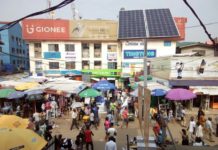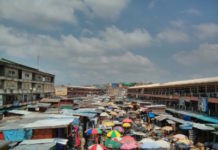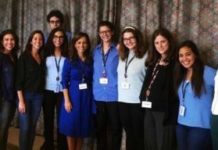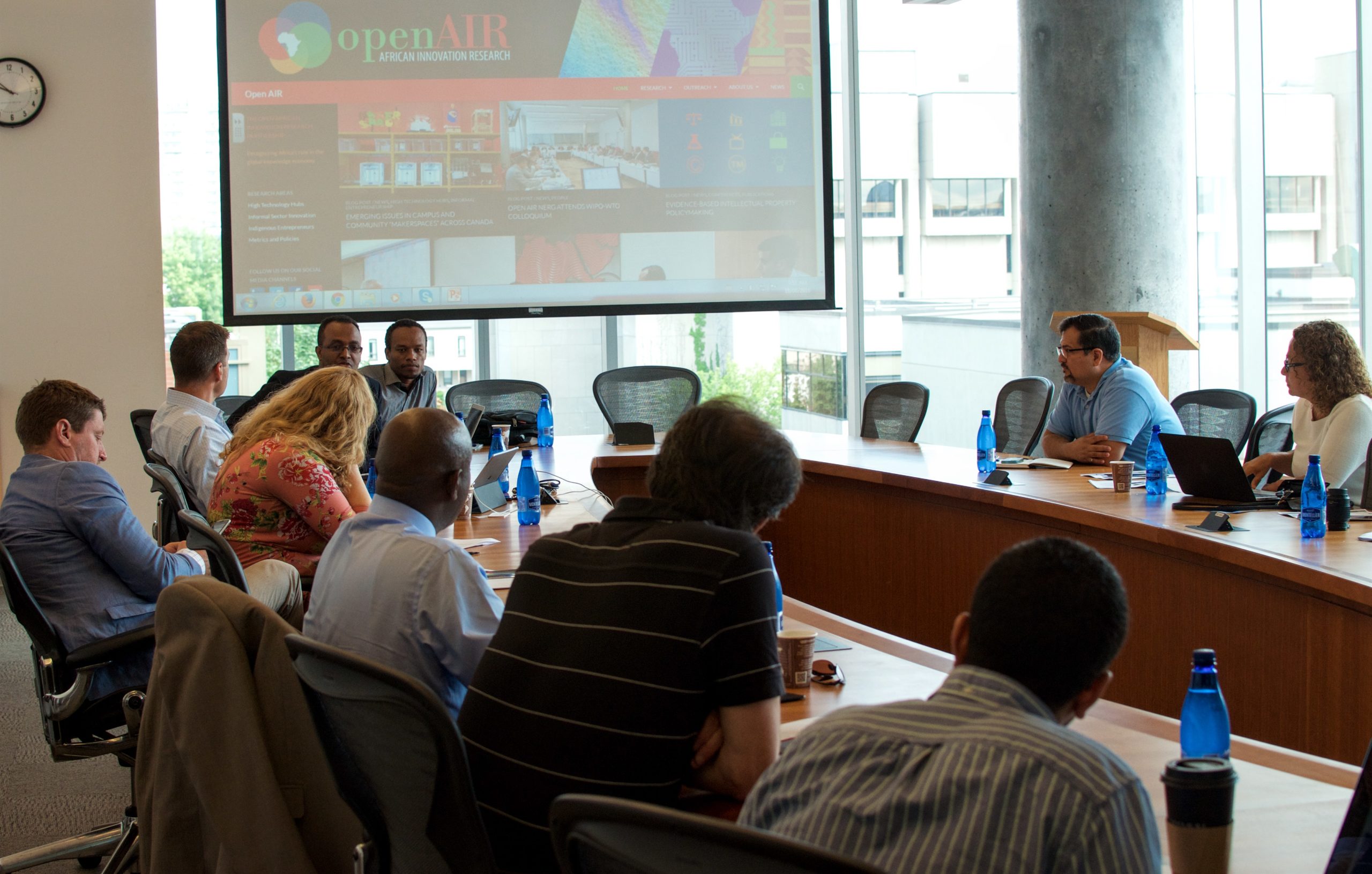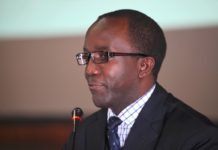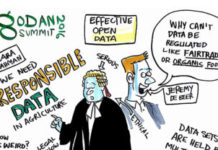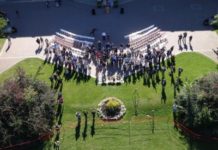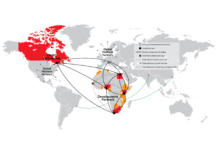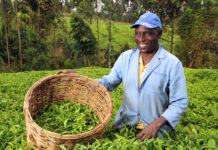Understanding the Dynamics of Knowledge Transfer in Nigeria’s Otigba Hardware Cluster
So what is the Otigba Computer Village? Oyelaran-Oyeyinka in 2006 described it as the biggest ICT hub of West Africa – perhaps the biggest ICT market in all of Africa – because of the size and the volume of business activities carried out on a daily basis within the cluster. The research I have been conducting looks at the knowledge dynamics at play in the informal ICT businesses in the cluster, with a view to understanding how these dynamics drive informal enterprises’ innovation and scaling-up. While other studies of the cluster have evaluated the size and capacity of the cluster, the evolution of the cluster, mode of operation, performance, sustainability and constraints, there are no studies looking at how the local businesses identify new and useful knowledge. With over 5000 businesses in the cluster, there is bound to be knowledge exchange either through spillover or conscious transfer. How is this happening?
Makerspaces and Creativity
Looking back at Open AIR’s ‘Making’ Innovation Happen roundtable
By Sean Boots
In mid August, Open AIR hosted a roundtable discussion on makerspaces and innovation hubs in...
Meet Open AIR’s New and Emerging Researchers Group (NERG)
First Stop, the American University in Cairo
By the AUC New and Emerging Research Group and Meika Ellis
Under the masterful guidance of our North African...
“Making” Innovation Happen: Open AIR Hosts a Successful Workshop on the Maker Movement at...
How the world evolves in the next decade (and beyond) may be dependent upon a new-age movement re-instilling age-old skills: the maker movement. In my ongoing research into the maker movement in Canada and South Africa (see earlier posts here and here), I recently co-hosted a workshop in Ottawa with attendees from the University of Ottawa, representatives of makerspaces in the community, and those with knowledge about makerspaces elsewhere in the world.
Dr. Kakooza “Dealing with Trans-Border Quasi-Intellectual Property”
In October 2010, Yoweri Museveni, the President of Uganda, recorded a rap song titled: "Do You Want Another Rap?" as part of his re-election campaign to capture the imagination of young voters. The song was a huge success and may have played a part in his reelection. When Museveni applied for a copyright registration of the song, however, members of the Ankole community filed an objection stating that the song was derived from Ankole folklore. While the Registrar of Copyrights in Uganda eventually allowed Museveni's copyright application for registration, this case triggered Dr. Anthony Conrad K. Kakooza's interest in the area of traditional cultural expressions (TCEs) and whether TCEs should be recognized within the domain of intellectual property (IP) law.
Open Data and Ownership at the Global Open Data for Agriculture and Nutrition (GODAN)...
By Jeremy Baarbé
(Picture: courtesy of Drawnalism)
Open data has the potential to end global hunger. Farmers, government ministers, NGOs, and private firms gathered to collaborate...
How Designing Crops for Global Food Security and Open AIR are Working Together
By Meghan Blom
Open AIR aims to understand how open collaborative innovation can help businesses scale up and seize the opportunities of the global knowledge economy....
Les défis d’étendre Open AIR dans des pays africains francophones
Le travail panafricain comprend plusieurs défis, entre autre la grandeur du continent, sa diversité, les différences juridiques, et la complexité des langues. Les défis sont particulièrement marqués pour l’innovation africaine. Il y a deux organismes régionaux dans le domaine de la propriété intellectuelle, en plus de l’Organisation mondiale de la propriété intellectuelle, ce qui souligne la diversité et les divisions linguistiques et régionales. Pour Open AIR, un réseau de recherche qui travaille dans de différents domaines de l’innovation et la propriété intellectuelle, on rencontre plusieurs défis à cause de cette diversité.
Ownership of Open Data (GODAN Summit 2016)
Open agricultural and nutritional data can play a vital role in addressing global challenges of food insecurity, health crises, climate change, and poverty.
Inclusive Innovation: Lessons from Africa for the World’s ICT Policymakers
Information communication technologies (ICT) can play a crucial role in promoting development, making societies more just, equitable, and inclusive of marginalized communities. To see how, some of the brightest young researchers from the “global South” met with established field leaders at the IDRC and COSTECH-sponsored 2016 CPRsouth conference in Zanzibar.

